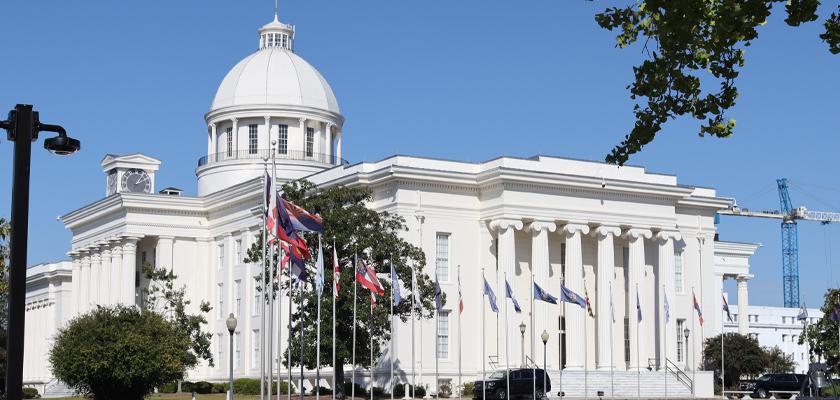A school choice bill is being presented before the Alabama legislature.
Rep. Charlotte Meadows and Sen. Del Marsh have teamed together to present a bill called the Parents' Choice Act (PCA). Meadows will carry the bill in the House, and Marsh will carry it in the Senate. The bill seeks to allow parents to use a portion of their tax dollars on the form of education they desire.
Currently, Alabamians are taxed to fund the public education system. The current system limits choices for those who cannot afford alternative forms of education, leaving them with only the public schools within their county or city limits. The PCA seeks to allow parents of students to receive access to a portion of their tax dollars to use them for a school option they choose.
Each student would receive the average cost per student in the state, currently at $6,500.
The bill seeks to establish the Parent’s Choice Board (PCB), which would act in an oversight capacity to ensure that funds are used appropriately. The parents of each student would be able to submit expenses to the Board for approval, upon which the Board would distribute the necessary funds.
“I’ve always been a believer in school choice,” Marsh said. "In the last couple of years, the parents’ choice movement has become very strong. Parents want a more active role in their children’s education. That’s what prompted this bill. This bill basically allows a parent to take the state tax dollars, about $6,500 worth, and move them to the public school of their choice, or a private school, or even homeschool. This [parental desire for a more active role in their children's education] became even more evident during the COVID crisis when a lot of parents were forced to teach their children at home.”
The Board would establish the framework and guidelines for education savings accounts, create and provide for the membership and duties of the PCB, and create a process for awarding education savings accounts.
Only students enrolled in a public school, home school, or entering kindergarten may participate in the first year of the program. The following year would allow for applicable private school students to participate.
“We don’t expect the majority of parents to change,” Meadows said. “But we do think that it’s going to provide an opportunity for some parents to decide to do something different based on what they think is best for their student.”
Although many parents will decide to continue their current education course, it is the ability to choose what's best for their children that Meadows believes is paramount in the bill.
“The nature of school choice, and particularly this parents’ choice bill, is that it will drive competition, so every parent has the right to choose the best school for their student,” Meadows said.
Homeschooled families will be allowed to use the funds to purchase the appropriate supplies and tools necessary for students, although the specificity would be determined by the board.
“The parents don’t ever get the dollars in their hands, but they can use it for any expenses related to homeschooling, such as curriculum and textbooks,” Meadows said. “It could even be, if gymnastics were a part of their schooling curriculum, they could use the funds to pay for gymnastics. Anything that can enhance the education of a student, the funds can be used in that.”
Marsh stated that he believes competition from school choice will cause a drastic increase in the success of currently existing public schools, as it has in other states.
“There [are] two reasons for resistance,” Marsh said. "One is that the public system today has a monopoly, and they don’t want to give it up. No one has to be accountable because there’s nowhere else to go, especially if you’re a low-income family that doesn’t have an option for private school. The public system is going to complain that those dollars are being pulled out of the system, but Alabama spends more per child than Florida and Tennessee, and both of them are doing way better in education than we are.”
Marsh believes that certain special interest groups will attempt to fight the bill, which he believes is just indicative of the problem.
“I challenge anybody to tell me that they think a parent does not have a better feel for what their children’s needs are than anyone else,” Marsh said. “I get it. There are bad parents. Nothing’s perfect. But by and large, I’m going to trust a parent to make decisions on their child’s education.”
To connect with the author of this story, or to comment, email craig.monger@1819News.com.










